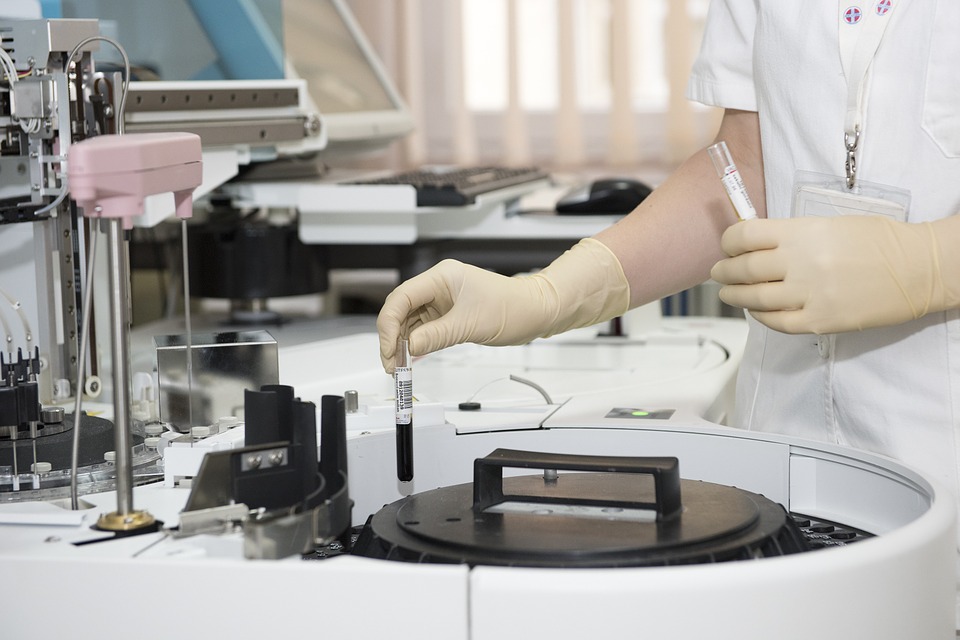
The AC133 antigen is a novel antigen selectively expressed on a subset of CD34+ cells in human fetal liver, bone marrow, and blood as demonstrated by flow cytometric analyses.
In this study, we have further assessed the expression of AC133 on CD34+ cells in hemopoietic samples and found that there was a highly significant difference between normal bone marrow and cord blood versus aphereses (p <0.0001) but not between bone marrow and cord blood. Most of the clonogenic cells (67%) were contained in the CD34+AC133+ fraction. Compared with cultures of the CD34+AC133- cells, generation of progenitor cells in long-term culture on bone marrow stroma was consistently 10- to 100-fold higher in cultures initiated with CD34+AC133+ cells and was maintained for the 8-10 weeks of culture. Only the CD34+AC133+ cells were capable of repopulating NOD/SCID mice. Human cells were detectable as early as day 20, with increased levels (67%) apparent 40 days post-transplantation. Five thousand CD34+AC133+ cells engrafted about 20% of the mice, while no engraftment was observed in animals transplanted with up to 1.2 x 10(5) CD34+AC133- cells. The CD34+AC133+ population was also enriched (seven-fold) in dendritic cell precursors, and the dendritic cells generated were functionally active in a mixed lymphocyte reaction assay. AC133+ cells should be useful in the study of cellular and molecular mechanisms regulating primitive hemopoietic cells.
Read PubMed | ncbi.nlm.nih.gov/pubmed
Read the full study here
